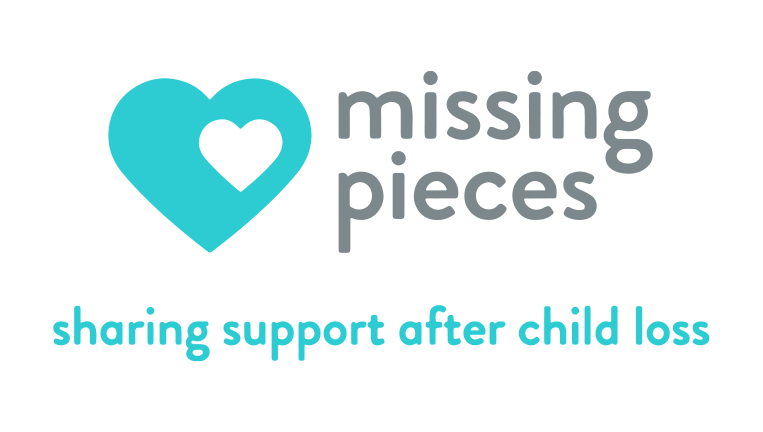Basic Needs of Grieving Children:
Children are disadvantaged as grievers. They do not have the same language abilities, cognitive understanding, and experience that adults do. Children will look to adults for cues in how to grieve. They are affected by the emotions of others and learn the rules for grieving from observing others. If a parent is overwhelmed or immobilized by their own grief, it is important to identify other safe adults for the child who are able to create an environment where the child can ask questions and openly express their feelings. Just as naturally parents want to protect children from their pain, children also protect their parents. Children are very wise in reading adults and instinctively knowing who to trust with their questions and their feelings.
Adults are often immobilized by their own anxieties and loss histories. Cultural taboos about death may also interfere with many adult’s ability to support grieving children. Children cannot be protected from the pain of grief, but there is a unique opportunity to impact and promote their healing and introduce skills that will help them throughout their lives.
How Can I Support My Grieving Child(ren)?
Children want to share their experience of grief with adults. Your child’s love for the baby may be very special, and it will be unique as to how much they were included during the pregnancy/birth. Open- ended questions can help you talk and listen to what your child feels.
Children need honesty, not secrets, when it comes to talking about the baby. It is important to refrain from using clichés, half- truths, and fairy tales that may not explain the mystery of death. Remember that children think literally. Using phrases like “we lost the baby,” “the baby is sleeping with God,” “the baby went on a long trip,” or “the baby was sick” can be confusing because of the literal meaning of the phrases. Use an honest explanation like, “The baby died. That means her heart stopped beating and her body doesn’t work anymore. She is not with us like she used to be, but we will always remember and love her very much.” explains literally what happened. Use simple and honest explanations. Allow your child to ask questions. Younger children tend to need to repeat the same question again and again. Each time you repeat the answer or story honestly, you are allowing your child to understand it more deeply. Because you too are grieving, this may be a frustrating process. Do your best to be patient and open, children learn how to cope and grieve from the actions and responses they receive from others.
Remember that children grieve according to their developmental stage/age. As they move through each developmental stage, new questions may be asked, and they may need more in-depth answers. A child’s grief for their sibling can be lifelong. As they grow and mature, the feelings and reactions they have to the loss of their sibling will also change. Try to keep communication open and nurture this relationship just as you would with a living sibling. Family rituals and mementos can also help siblings tell their story and feel connected to the baby. Bereaved children have learned about grief often a very young age. However, the grief experience, can allow them growth and healing. From this come the gifts of compassion and kindness. These may be the best of many gifts their brother or sister has left them.
